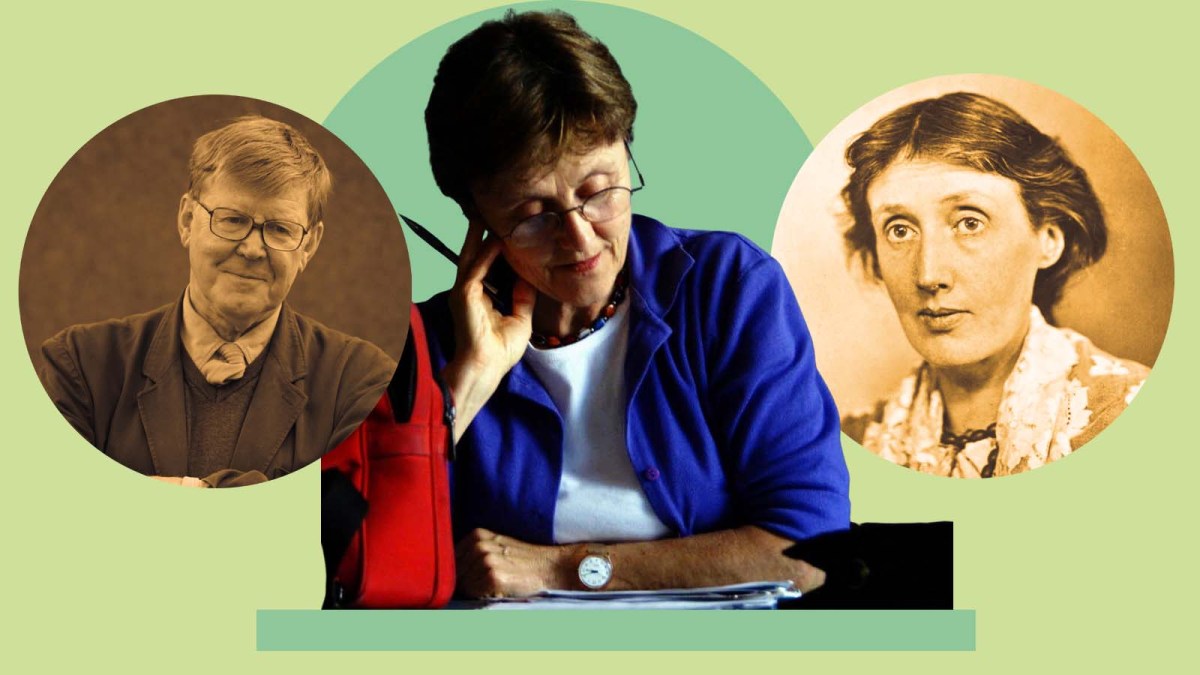The recent recognition of Helen Garner’s diaries with the prestigious Baillie Gifford Prize has reignited interest in literary journals that offer a unique glimpse into the lives and thoughts of renowned writers. Garner’s collection has been praised for its rich insights and candid reflections, prompting a look back at other significant diaries that provide both inspiration and intrigue.
Exploring the Depths of Literary Journals
Diaries have long served as a powerful medium for writers to express their innermost thoughts, document their experiences, and sometimes reveal personal scandals. From the early 20th century to modern times, these journals have evolved into critical works that illuminate the creative processes of some of the most influential figures in literature.
One of the most celebrated diaries belongs to Virginia Woolf, whose writings from 1915 to 1941 explore her creative struggles and the societal pressures of her time. Woolf’s reflections on gender and mental health resonate with readers even today, making her work a cornerstone of feminist literature.
Another notable figure is Alan Bennett, whose diaries capture his sharp wit and keen observations of contemporary life. His candid entries reflect not only his personal life but also the cultural landscape of Britain, providing a compelling narrative that engages a diverse audience.
A Selection of Influential Diaries
Among the myriad of literary journals, here are ten exceptional diaries that stand out for their insight and impact:
1. **James Boswell’s Diary**: This 18th-century journal chronicles Boswell’s experiences with the literary elite of his time, including his friendship with Samuel Johnson. It offers an intimate look at the social dynamics of the era.
2. **Franz Kafka’s Diaries**: Kafka’s writings from 1910 to 1923 reveal his struggles with identity, existentialism, and his complex relationships. These diaries provide essential context to his fictional works.
3. **Anaïs Nin’s Journals**: Spanning several decades, Nin’s diaries explore her artistic journey and personal relationships. Her candid style and emotional depth make her work a significant contribution to feminist literature.
4. **Ted Hughes’ Birthday Letters**: This collection of poems, accompanied by Hughes’ reflections on his life with Sylvia Plath, offers a poignant and haunting exploration of love, loss, and creativity.
5. **Anne Frank’s Diary**: Perhaps the most famous diary in history, Frank’s writings during World War II provide a powerful testament to resilience and hope in the face of unimaginable adversity.
6. **Virginia Woolf’s “A Writer’s Diary”**: Edited posthumously, this collection distills Woolf’s thoughts on writing, creativity, and the struggles faced by women in literature.
7. **Leonard Cohen’s “The Flame”**: This posthumous collection of Cohen’s journals and poetry offers an intimate look at the mind of a legendary artist and his reflections on love, faith, and mortality.
8. **Philip Larkin’s “Required Writing”**: Larkin’s diaries reveal his thoughts on poetry, his relationships, and the everyday experiences that shaped his literary voice.
9. **Maya Angelou’s “The Heart of a Woman”**: In this autobiographical work, Angelou reflects on her activism, motherhood, and the challenges she faced as a Black woman in America.
10. **C.S. Lewis’ “The Collected Letters”**: These letters and journals provide insight into Lewis’ spiritual journey and his thoughts on faith, literature, and the human experience.
As the literary world continues to celebrate the art of diary writing, these journals remain essential reading for anyone interested in the complexities of human thought and creativity. Garner’s recent accolade emphasizes the enduring value of personal narratives in understanding both the past and the present.
In an era where personal expression is more accessible than ever, the diaries of these writers serve as a reminder of the power of storytelling and the profound connections that can be forged through shared experiences. Whether for inspiration or reflection, these works invite readers to delve deeper into the minds of those who have shaped literary history.







